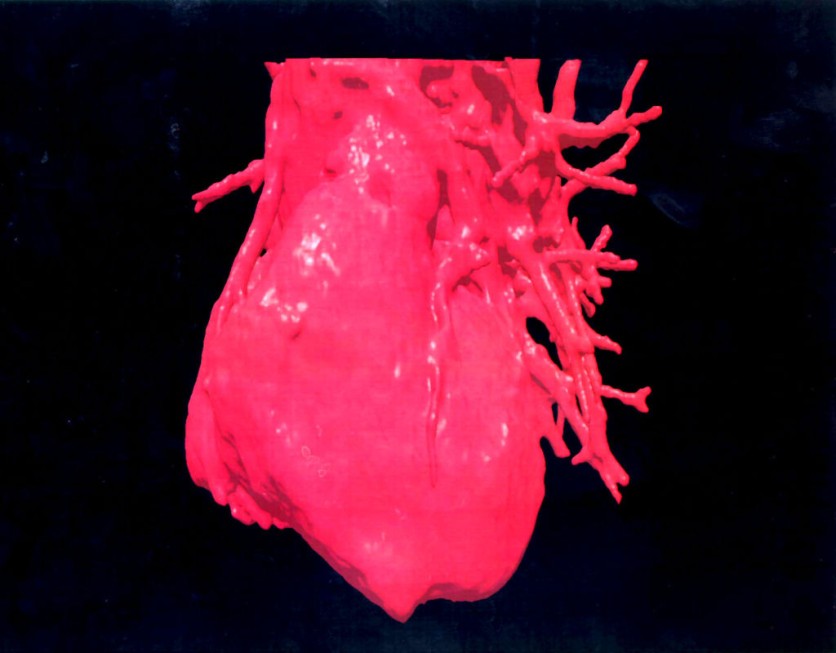A new artificial intelligence-powered cardiac procedure is reportedly being utilized by Florida-based AdventHealth Zephyrhills.
The new procedure, CathWorks, leverages AI to detect artery blockages that cause heart disease and help prevent heart attacks.
Debbie Moore, a nurse, has worked in AdventHealth Zypherhills' Cath Lab for almost 30 years. During that time, she has witnessed the advancement of methods and tools for diagnosing and treating cardiac issues.
She is currently a member of the first Advent team in Florida to employ an AI-powered process.

The AI-powered tool measures coronary artery blockages, blockages that can result in heart attacks and heart disease.
Doctors can use the application to decide whether a patient requires a stent by seeing the percentage of blocked arteries. Doctors reportedly deal with big stakes and millimeters when it comes to obstructions.
According to cardiologist Dr. Ghazanfar Khadim, the approach eliminates the need for invasive wires and blood thinners by replacing the standard invasive process used to measure blockages.
Overall, it eases patients' lives and significantly reduces their risk, all the while giving cardiologists access to corroborating data.
After a month of possession, the team has executed roughly thirty processes with the program. They claimed that patients have already benefited from it.
Although Khadim acknowledges that using AI is advantageous, he does not rely exclusively on the technology. They must still make the appropriate decision by applying their knowledge and experience.
AI-Assisted Doctors in Canada
AI in healthcare proves to continuously be utilized in different aspects. Most recently, Canada deployed an AI-powered patient visit summarizer to free up doctors' paperwork.
With their consent, the trial initiative will use artificial intelligence software called Scribe to help with condensing patient encounters into electronic medical records.
Research from other jurisdictions, according to sources, suggests AI software can liberate up to 50% of a doctor's after-hours time that would otherwise be spent on paperwork, enabling them to see more patients.
According to Dr. Andrew Park, president of the Ontario Medical Association (OMA), primary care doctors' "burden of unnecessary administration" takes up more than 19 hours of their workweek, preventing them from seeing more patients and maintaining a healthy work-life balance.
According to the OMA, about four of those total hours are spent gathering federal medical forms and writing sick notes.
AI Malpractices in Healthcare
While some medical practitioners see the value of AI in healthcare, in late March, professionals convened to discuss whose accountability it is when AI-assisted doctors, unfortunately, commit malpractice.
According to American Medical Association President Jesse Ehrenfeld, lawsuits are already being filed.
While AI advances have the potential to improve healthcare, the group argues that the realization of AI healthcare is contingent upon physicians having confidence in the systems and being protected from legal danger.
According to more than a dozen prominent figures in technology, law, and health, more is at stake than millions in medical malpractice payouts.
Judges, legislators, and regulators are shaping what a medical system that treats patients with artificial intelligence owes them regarding high-quality care and the right to be reimbursed if something goes wrong.
According to several hospitals and health tech businesses, physicians who have the final say on patient care are ultimately responsible for their conduct.
Related Article: AI Test Anticipates Knee Osteoarthritis Years in Advance, Offering Hope for Early Intervention

(Photo: Tech Times)




